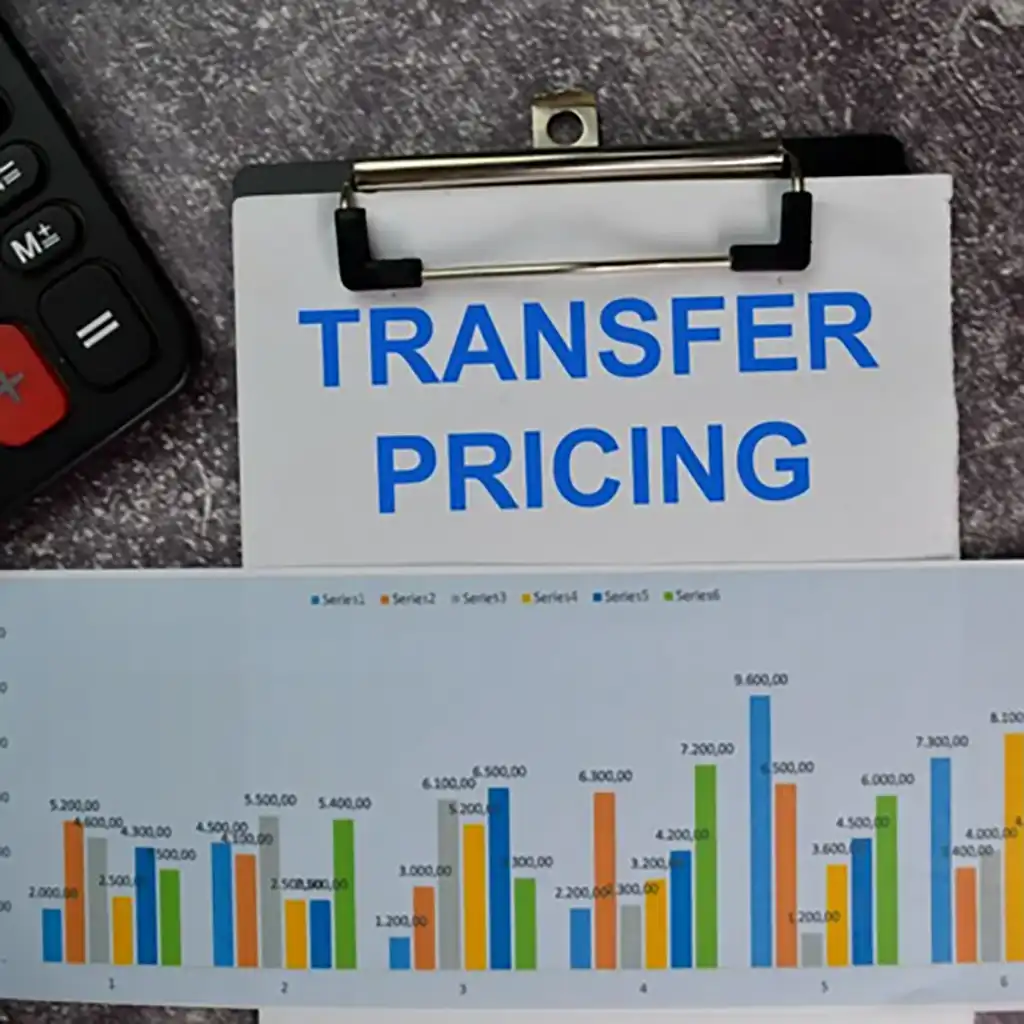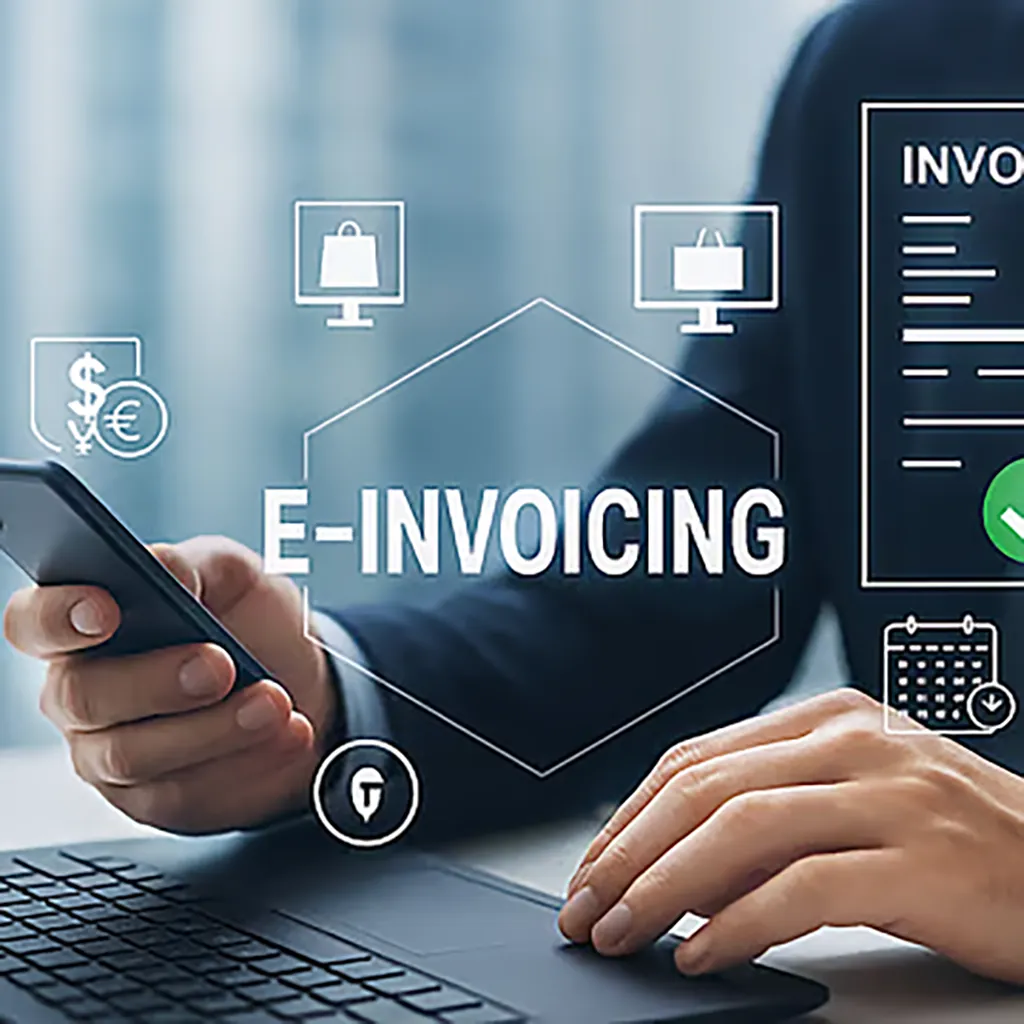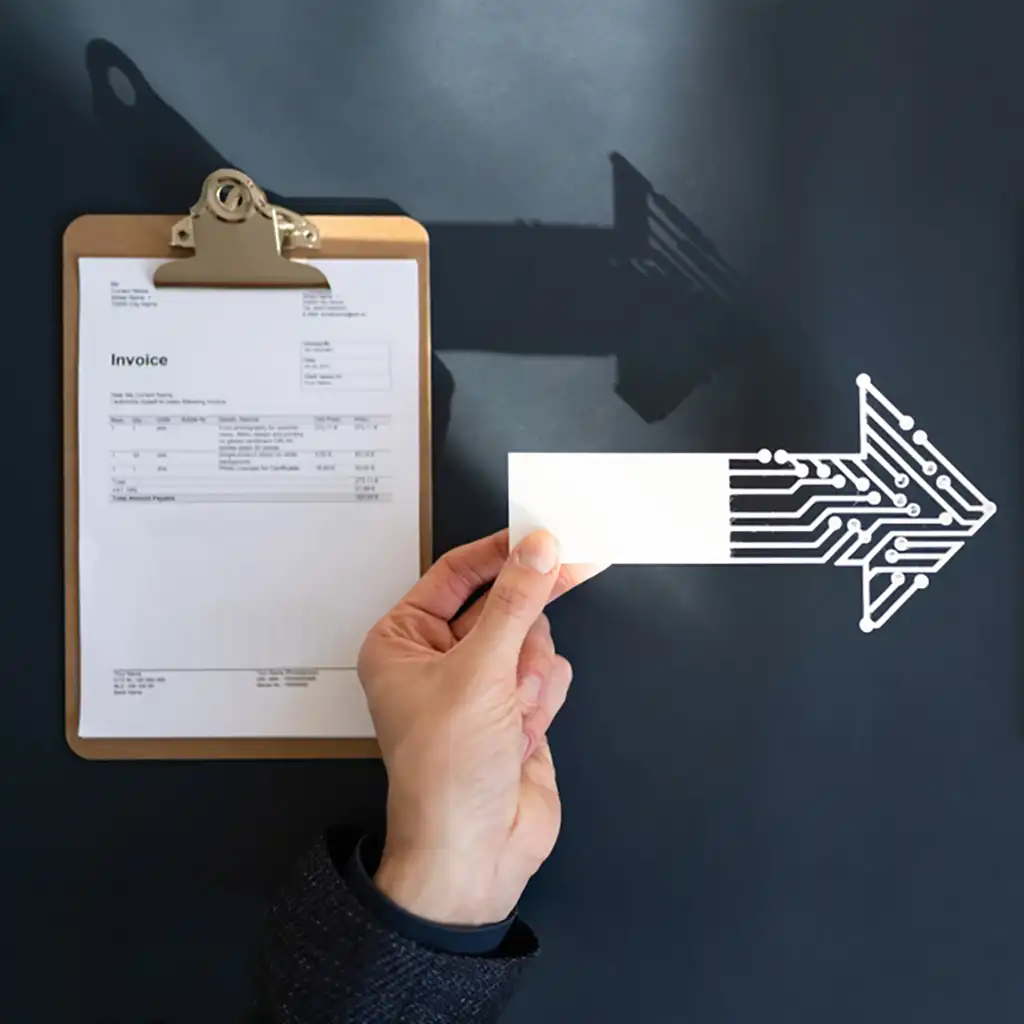Beginning business in Dubai can seem like a dream for wealthy investors, but the fact is that there are opportunities available even for those with hardly any capital. Dubai has become a global center for entrepreneurs, with easy business forms, benevolent government policies, and a booming online economy.
If you want to know how to begin a business in Dubai with zero capital, you are not the only one. Many potential entrepreneurs are taking advantage of low-cost company formation procedures, freelance licenses, and online businesses that need little or no initial investment.
In this comprehensive guide, we will present real-life steps, strategies, and resources so that you can set up a business in Dubai with limited financial investment.
Why Dubai is Ideal for Budget-Savvy Entrepreneurs
Dubai offers specific advantages making it easy for low-budget entrepreneurs to enter the market:
Friendly regulatory environment: In order to attract startups, the UAE government has simplified the registration of companies.
- Tax benefits: Dubai does not have personal income tax and beneficial corporate tax policies, and hence it’s an ideal location for small and medium-sized businesses.
- Freelance economy: The availability of freelance permits allows employees to be self-employed and set up shops without an office.
- Digital infrastructure: From e-commerce to e-consulting, the demand for digital services in Dubai and the UAE in general is increasing exponentially.
These are the circumstances that turn Dubai into one of the best places to be for businesslike entrepreneurs looking for low-investment business ventures in the UAE.
Step 1: Identify a Zero-Investment Business Model
To start with, you need a low or zero-capital business model. The most sought-after ones in Dubai are:
1. Freelancing
The government of Dubai offers freelance licenses from free zones like Dubai Media City, Dubai Knowledge Park, and Dubai Internet City. You can work in business sectors like IT, design, education, and media under this license.
2. Online Consulting
If you have knowledge in business, finance, marketing, or technology, you can begin an online consultancy business. All you need is a laptop, internet, and the correct license to operate your business lawfully.
3. E-commerce Business
The e-commerce business in Dubai is booming. Using platforms like Amazon.ae or Noon.com, you can sell products without maintaining physical inventory. Dropshipping is another popular model with lower initial costs.
4. Content Creation
The people of Dubai are very active on channels such as Instagram, TikTok, and YouTube. Numerous business owners begin as influencers or online marketers, where they earn a living through sponsorships and brand endorsements.
5. Service-Based Enterprises
Ranging from cleaning houses to teaching, personal fitness training, and event planning, there are thousands of service businesses that cost little to start up.
Step 2: Utilize Free Zones and Low-Cost Licensing
One of the most significant hurdles for entrepreneurs is the procurement of a trade license. Fortunately, Dubai offers affordable alternatives:
Free zones in Dubai offer freelancers and small enterprises packages at very low costs.
Even some of the zones allow payment in installments for license fees, reducing financial pressure.
For web businesses, there is a virtual company license that eliminates the need for space for offices.
By choosing the right free zone, you are able to reduce the cost of beginning your business immensely.
Step 3: Operate Finances Smoothly from Day One
No matter how small you start, appropriate financial planning is necessary to achieve success. The majority of Dubai’s new entrepreneurs seek efficient accounting & taxation services so that they can follow the VAT standards and maximize their profits.
Application of technological accounting techniques can also prove advantageous to you in maintaining low expenses as well as precision in your accounts.
If your start-up goes viral very quickly, Dubai professional accounting & bookkeeping services ensure you are audit-ready and regulatory risk-free.
Step 4: Risk and Compliance Priority
Dubai’s regulatory climate is present to protect investors and companies, but it could be overwhelming to comply.
Startups can leverage professional counsel in the areas of risk assessment & audit support and regulatory risk & compliance advisory. By addressing potential issues upfront, you don’t have to pay hefty fines and delays.
They also rely on AML & financial controls to establish trust and credibility with investors, banks, and customers. Whether you are in e-commerce, consulting, or fintech, this is one of the key determinants of long-term sustainability.
Step 5: Build Strategy and Structure
It is easy to have visions, but it is executing the right plan that matters. Many Dubai small firms find policy & strategy formulation beneficial to align their goals with UAE market trends.
Coupled with expert company setup & structuring, you have a solid foundation for scalability and investment opportunities.
For cross-border businesses, having TP compliance documents in hand protects against penalties while building international credibility.
Step 6: Prepare for Growth and Audits
As your business expands, preparing for future obligations becomes essential. Entrepreneurs often work with experts for audit preparation & coordination to avoid last-minute surprises. This proactive approach ensures smooth operations during annual audits and strengthens investor confidence.
Alongside this, seeking expert financial guidance helps startups make smarter investment decisions, manage cash flow effectively, and expand sustainably within Dubai’s competitive market.
Step 7: Use Online Platforms Instead of Physical Infrastructure
The traditional cost of running a business usually includes rent, utilities, and office organization. In Dubai, however, you can dispense with all these costs by using online platforms.
Sell products on Noon, Amazon.ae, or Shopify.
Sell freelance services using Upwork or Fiverr. Conduct meetings on Zoom or Microsoft Teams instead of taking office space.
Organize your network through LinkedIn and local business organizations.
By being online-first, you avoid the cost of real estate, which is typically the biggest expenditure for new businesses in Dubai.
Step 8: Invest in Low-Cost Marketing Strategies
Marketing is essential but does not need to cost an arm and leg to promote your business in Dubai. Focus on low-cost but very effective digital marketing channels:
Create engaging social media content on Instagram, LinkedIn, and TikTok.
Use search engine optimization (SEO) to drive natural traffic to your website.
Offer word-of-mouth offers and referral discounts.
Create an email list to be able to retain clients.
With digital means, you can compete with larger companies while maintaining costs under control.
Final Thoughts
The idea of starting a business in Dubai without money might seem intimidating, but it is certainly possible with the right approach. By choosing a low-budget model for your business, leveraging Dubai’s free zones, adhering to rules and regulations, and reinvesting your profits in growth, you can turn it around.
Dubai’s business ecosystem will empower startups, freelancers, and small businesses. With determination, creativity, and professional help with regulatory compliance, among others, you can build a business that grows from zero capital into long-term prosperity.
So if you are ready to start, start small, leverage available resources, and have Dubai opportunities work in your favor.
Working with a certified tax consultant in UAE or a firm offering tax filing services in Dubai can help you avoid errors, manage compliance effectively, and plan your taxes strategically.























